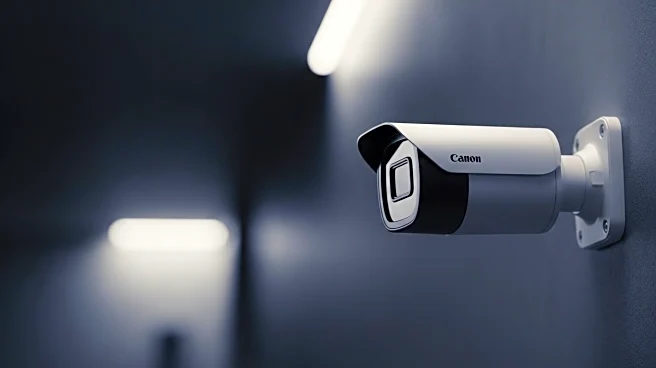What's Happening?
A covert unit within the Los Angeles Police Department, known as the Organized Crime Intelligence Division (OCID), secretly monitored Hollywood celebrities, including Robert Redford, for decades. The unit compiled detailed dossiers on the private lives of stars, politicians, and athletes, often without warrants. Former detective Mike Rothmiller disclosed that the surveillance included listening to phone calls, monitoring movements at airports, and even using night scopes to observe homes. The files reflected the era's paranoia and were not intended for court use but for internal purposes.
Why It's Important?
The revelation of LAPD's secret surveillance practices raises significant concerns about privacy and the abuse of power by law enforcement agencies. The targeting of celebrities and public figures without legal oversight highlights potential violations of civil liberties and ethical standards. This disclosure may prompt discussions on the need for transparency and accountability in police operations, especially concerning surveillance activities. The impact on the reputation of the LAPD and trust in law enforcement could be profound, influencing public policy and legal reforms.
Beyond the Headlines
The LAPD's surveillance practices reflect broader societal issues of privacy invasion and discrimination based on ethnicity and fame. The files often contained prejudiced assumptions, such as guilt by surname, and targeted individuals based on sexual orientation rumors. This case underscores the need for ethical guidelines and oversight in intelligence operations to prevent misuse of power and protect individual rights. The cultural implications of such surveillance extend to the entertainment industry, where privacy concerns remain prevalent.









